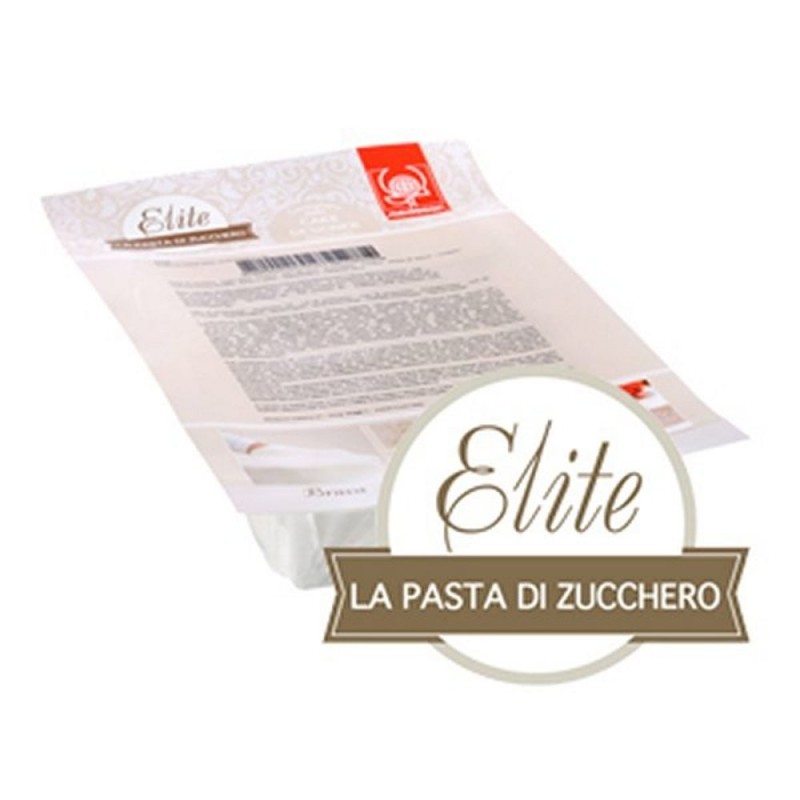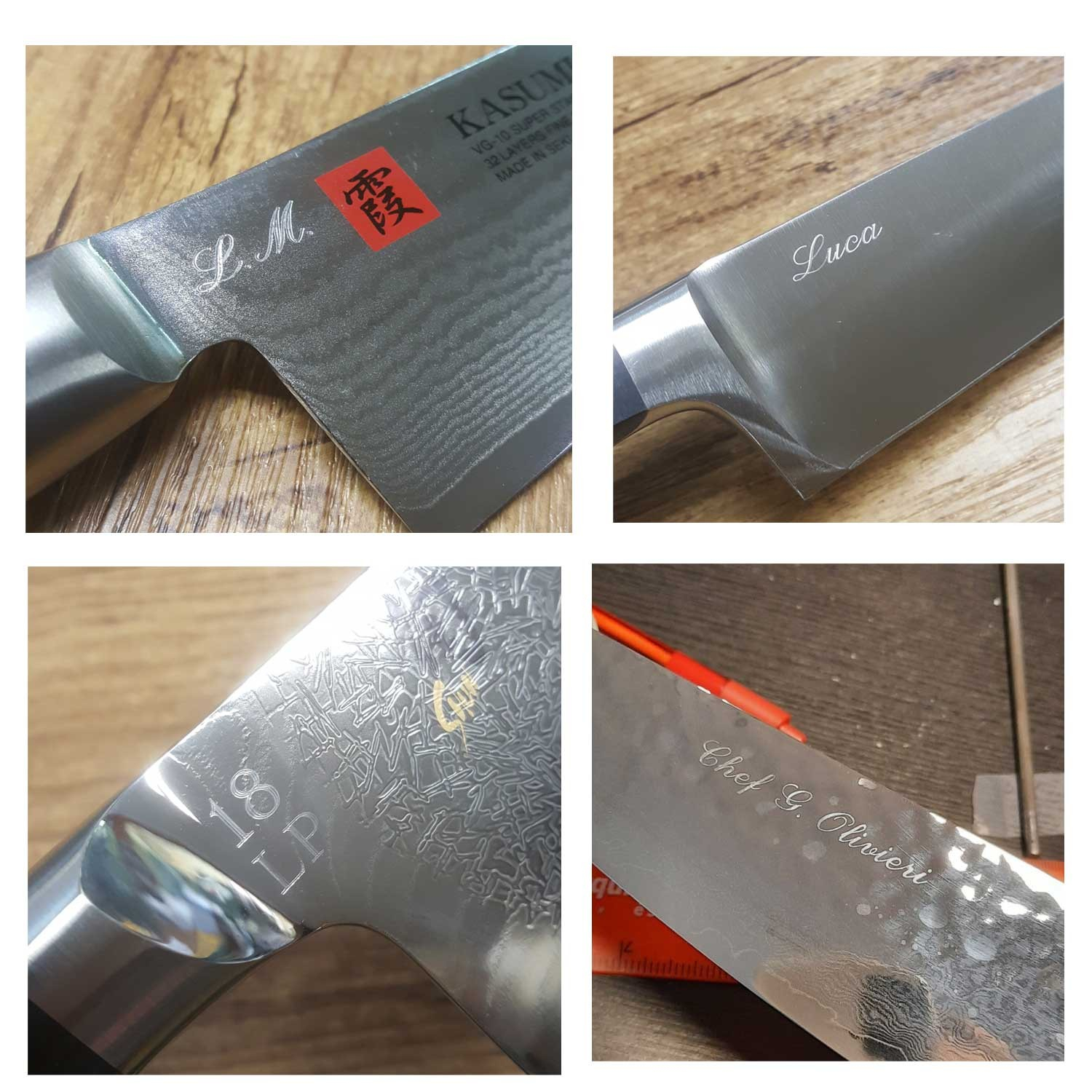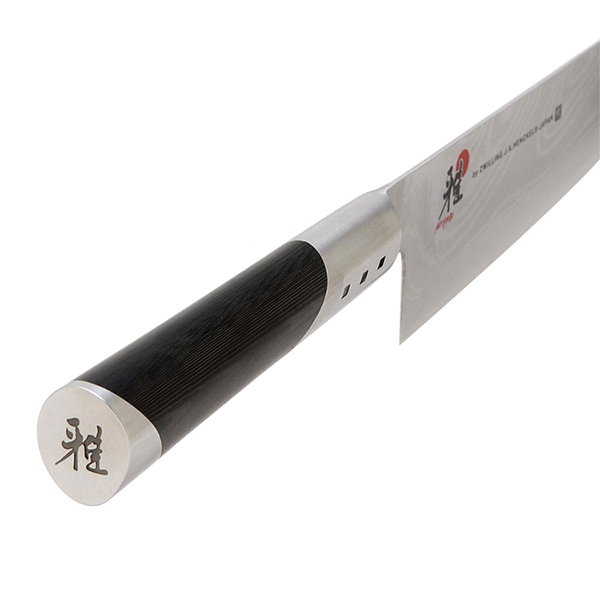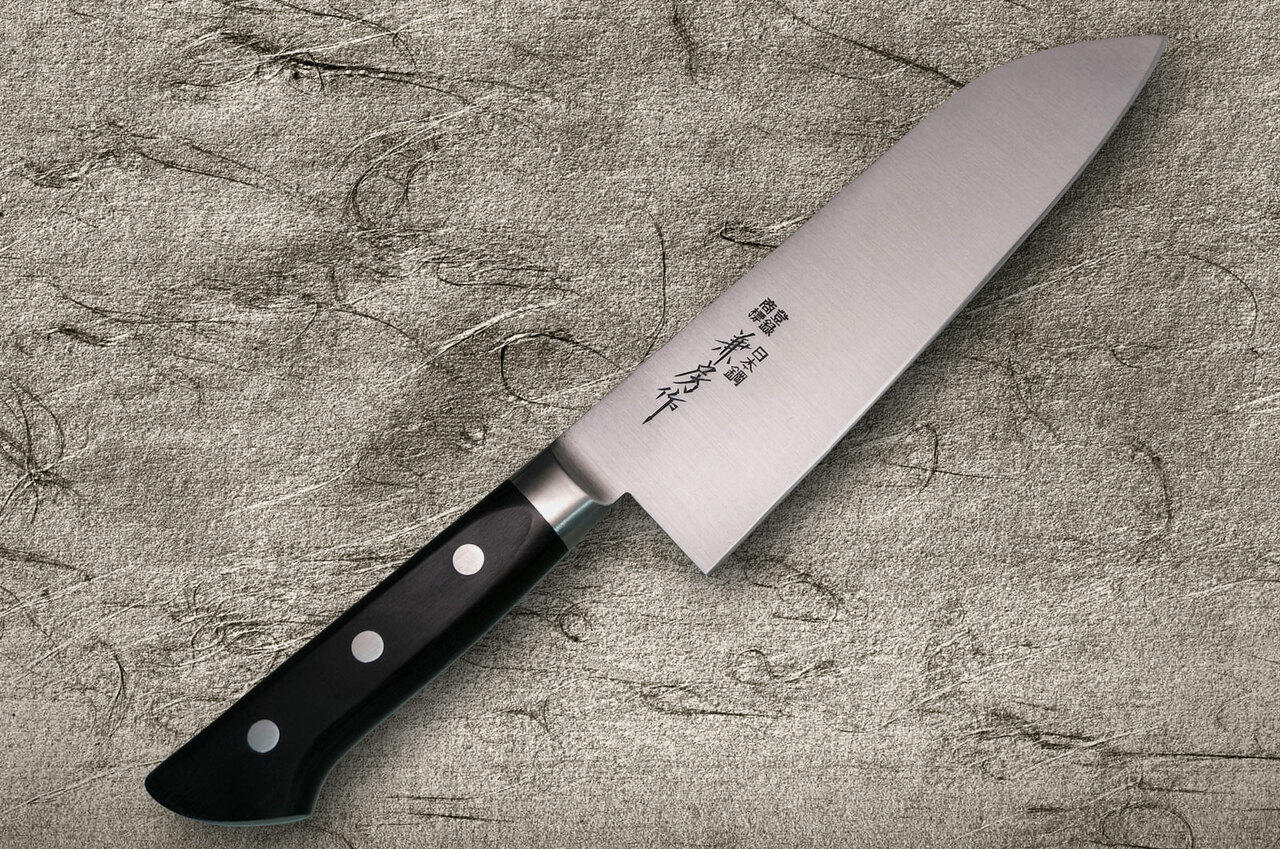Harukaze Santoku VG-1 180mm (7.1) – SharpEdge
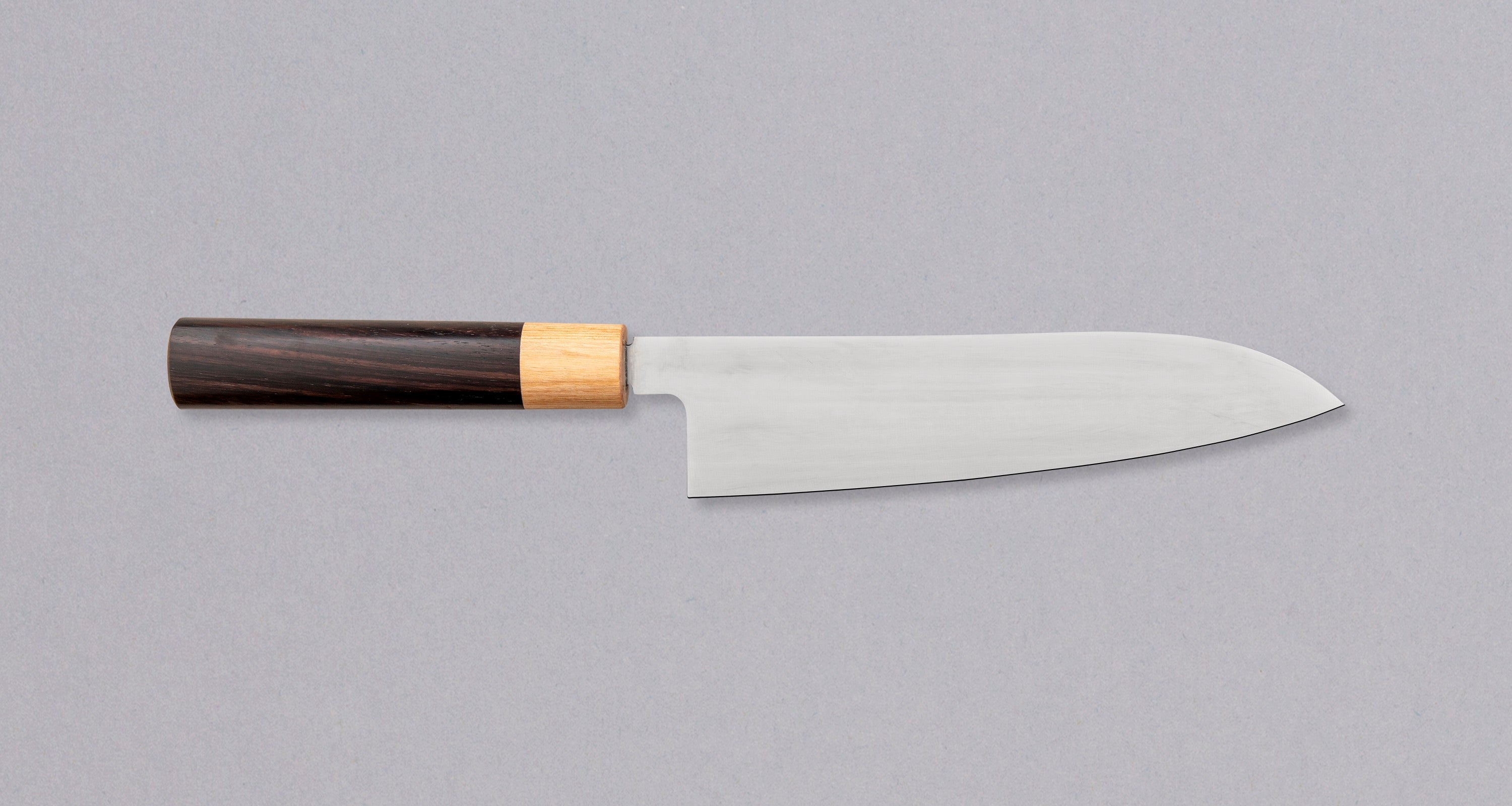
Harukaze Santoku VG-1 180mm is a multipurpose Japanese kitchen knife, suitable for preparing meat, fish and vegetables. It's core is made out of VG-1 steel, which is renowned for its toughness and durability. This knife is not laminated and is made entirely of one steel, being of so-called “monosteel” construction.
We are very happy to be able to introduce this new line to Japanese knives aficionados across the world! The minimalism and subtlety of design is what first drew us to this collection made in Harukaze smithy.Santoku knife is a versatile kitchen knife that will shine through all kinds of chopping and cutting on the kitchen board. Meat lovers will only miss a little bit of length with larger pieces of meat. Did you know that the word santoku means “knife of three virtues” in Japanese? The word san is number three, meaning that it can be used to prepare vegetables, fish, and meat.This 180mm (7.1”) Santoku's blade, at just 2.3mm (0.09”), is among the thinnest we have in our range. The knife has an immaculate “out of the box” sharpness, laser-thin spine of the blade, good balance and offers a lightweight feeling while in use.VG-1 steel is synonymous with efficiency and durability and is extremely easy to maintain as the blade is completely stainless. Unlike other knives, this knife is not laminated and is made entirely of one steel, being of so-called “monosteel” construction.The blade is minimalistic with a polished surface and an engraved signature by the master on the right side. The handle (traditional Japanese Wa) is oval and smooth, with no discernible transition between the walnut and maple wood. It’s suitable for both left- and right-handed users.Where the blade meets the handle, you may notice a special feature called Machi spacing. This is a small gap between the lower part of the blade and the handle, which can be seen mostly in Yanagiba knives. It is a feature that pays tribute to Japanese swords and is typical mostly in the work of blacksmiths located in and around the Tokyo area. So don't worry, it is not a flaw in assembly of the blade and the handle, but rather a homage to Japanese forging tradition that could be displayed on a magnet right there on your kitchen wall. :)Suitable for first-time buyers of a Japanese kitchen knife. It can also serve as a wonderful gift!About Harukaze:In Japanese the word Harukaze means “a windy spring”. This smithy is famous for the best quality traditional steel used for the core of the blade, coupled with stainless outer layers and elegant wooden handles.
We are very happy to be able to introduce this new line to Japanese knives aficionados across the world! The minimalism and subtlety of design is what first drew us to this collection made in Harukaze smithy.
Santoku knife is a versatile kitchen knife that will shine through all kinds of chopping and cutting on the kitchen board. Meat lovers will only miss a little bit of length with larger pieces of meat. Did you know that the word santoku means “knife of three virtues” in Japanese? The word san is number three, meaning that it can be used to prepare vegetables, fish, and meat.
This 180mm (7.1”) Santoku's blade, at just 2.3mm (0.09”), is among the thinnest we have in our range. The knife has an immaculate “out of the box” sharpness, laser-thin spine of the blade, good balance and offers a lightweight feeling while in use.
VG-1 steel is synonymous with efficiency and durability and is extremely easy to maintain as the blade is completely stainless. Unlike other knives, this knife is not laminated and is made entirely of one steel, being of so-called “monosteel” construction.
The blade is minimalistic with a polished surface and an engraved signature by the master on the right side. The handle (traditional Japanese Wa) is oval and smooth, with no discernible transition between the walnut and maple wood. It’s suitable for both left- and right-handed users.
Where the blade meets the handle, you may notice a special feature called Machi spacing. This is a small gap between the lower part of the blade and the handle, which can be seen mostly in Yanagiba knives. It is a feature that pays tribute to Japanese swords and is typical mostly in the work of blacksmiths located in and around the Tokyo area. So don't worry, it is not a flaw in assembly of the blade and the handle, but rather a homage to Japanese forging tradition that could be displayed on a magnet right there on your kitchen wall. :)
Suitable for first-time buyers of a Japanese kitchen knife. It can also serve as a wonderful gift!
About Harukaze:
In Japanese the word Harukaze means “a windy spring”. This smithy is famous for the best quality traditional steel used for the core of the blade, coupled with stainless outer layers and elegant wooden handles.
We are very happy to be able to introduce this new line to Japanese knives aficionados across the world! The minimalism and subtlety of design is what first drew us to this collection made in Harukaze smithy. Santoku knife is a versatile kitchen knife that will shine through all kinds of chopping and cutting on the kitchen board. Meat lovers will only miss a little bit of length with larger pieces of meat. Did you know that the word santoku means “knife of three virtues” in Japanese? The word san is number three, meaning that it can be used to prepare vegetables, fish, and meat. This 180mm (7.1”) Santoku's blade, at just 2.3mm (0.09”), is among the thinnest we have in our range. The knife has an immaculate “out of the box” sharpness, laser-thin spine of the blade, good balance and offers a lightweight feeling while in use. VG-1 steel is synonymous with efficiency and durability and is extremely easy to maintain as the blade is completely stainless. Unlike other knives, this knife is not laminated and is made entirely of one steel, being of so-called “monosteel” construction. The blade is minimalistic with a polished surface and an engraved signature by the master on the right side. The handle (traditional Japanese Wa) is oval and smooth, with no discernible transition between the walnut and maple wood. It’s suitable for both left- and right-handed users. Where the blade meets the handle, you may notice a special feature called Machi spacing. This is a small gap between the lower part of the blade and the handle, which can be seen mostly in Yanagiba knives. It is a feature that pays tribute to Japanese swords and is typical mostly in the work of blacksmiths located in and around the Tokyo area. So don't worry, it is not a flaw in assembly of the blade and the handle, but rather a homage to Japanese forging tradition that could be displayed on a magnet right there on your kitchen wall. :) Suitable for first-time buyers of a Japanese kitchen knife. It can also serve as a wonderful gift! About Harukaze:In Japanese the word Harukaze means “a windy spring”. This smithy is famous for the best quality traditional steel used for the core of the blade, coupled with stainless outer layers and elegant wooden handles.

Shigeki Tanaka 33-Layer R2(SG2) Damascus Harukaze Japanese Chef's Petty Knife(Utility) 150mm with Walnut Handle
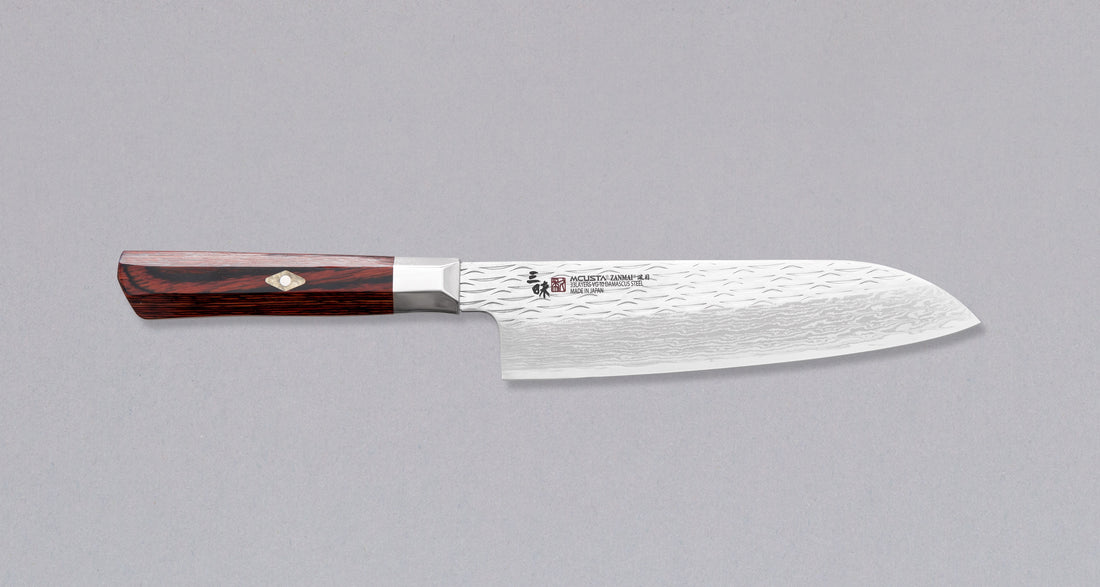
Mcusta Santoku Supreme Ripple 180mm (7.1) – SharpEdge

HARUKAZE SANTOKU VG-1 180 mm – KNAJFI

Bravedge Chef Knife 7'' Kitchen Knife, Professional Santoku Knife Chopping Knife, Ultra Sharp Stainless Steel Blade with Sheath, Ergonomic Handle Elegant Gift Box Great Gift Choice: Home & Kitchen

Kasumi VG-10 Pro 54018, 7 Inch Santoku Knife : Industrial & Scientific
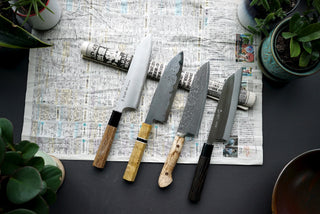
Santoku – The Cook's Edge
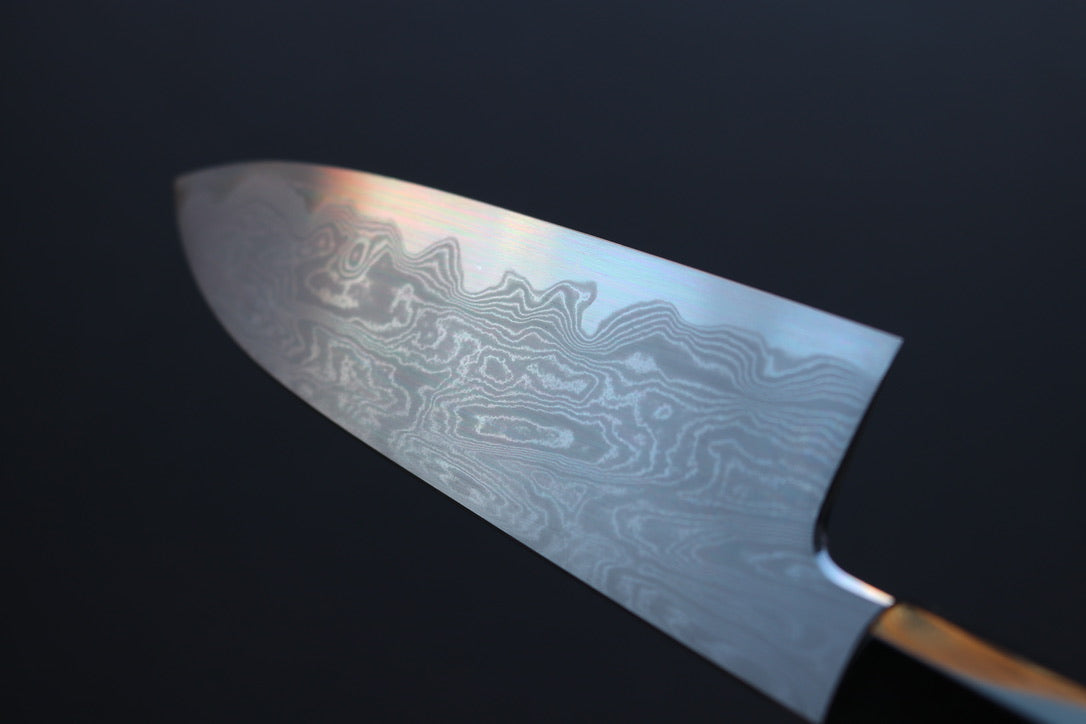
Nakagawa x Myojin Blue #1 Damascus Santoku 180mm – The Cook's Edge
is a kitchen knife from our HAP-40 series which we designed in collaboration with the Yoshida Hamono smithy. It will become your indispensable
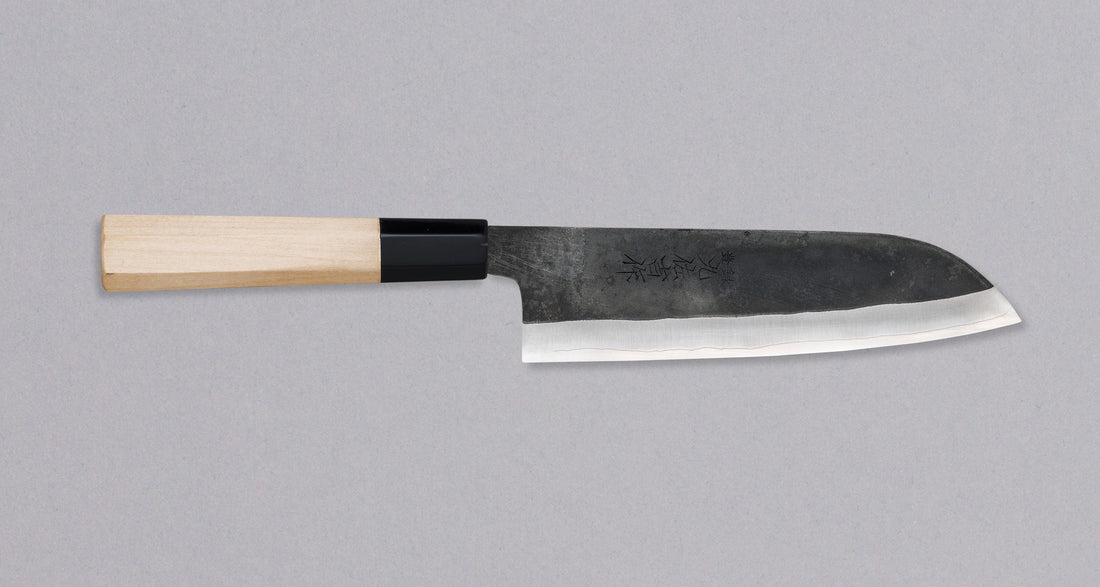
HAP-40 Santoku Black 180mm (7.1)

Harukaze VG10 Tsuchime Gyuto 180mm
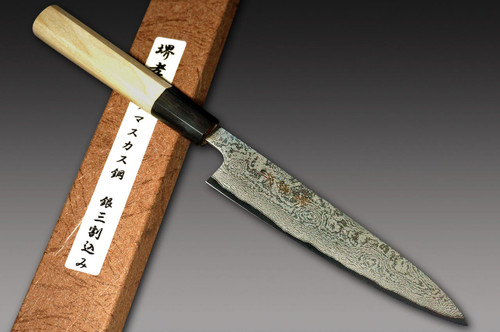
Sakai Takayuki 33-Layer Damascus Gingami No.3 Japanese Chef's Santoku Knife 180mm
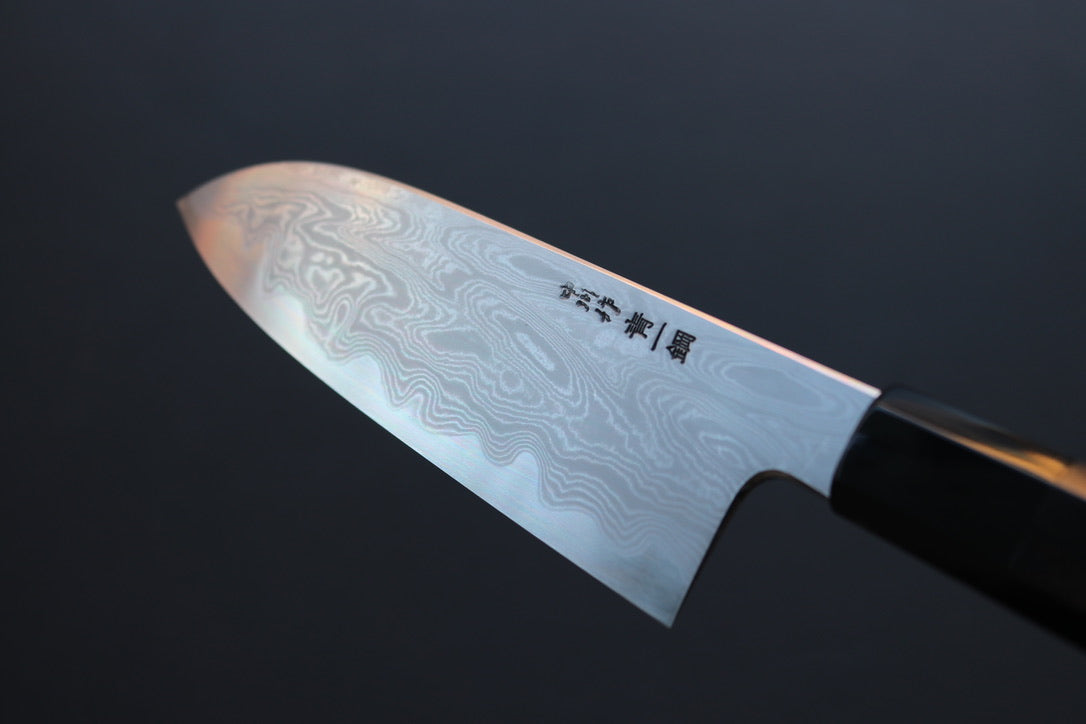
Nakagawa x Myojin Blue #1 Damascus Santoku 180mm – The Cook's Edge

The Best Santoku Knife that I Did Not Test by Cutting Paper (Not One of the Three Purposes) - Oishii Desu It's Delicious


